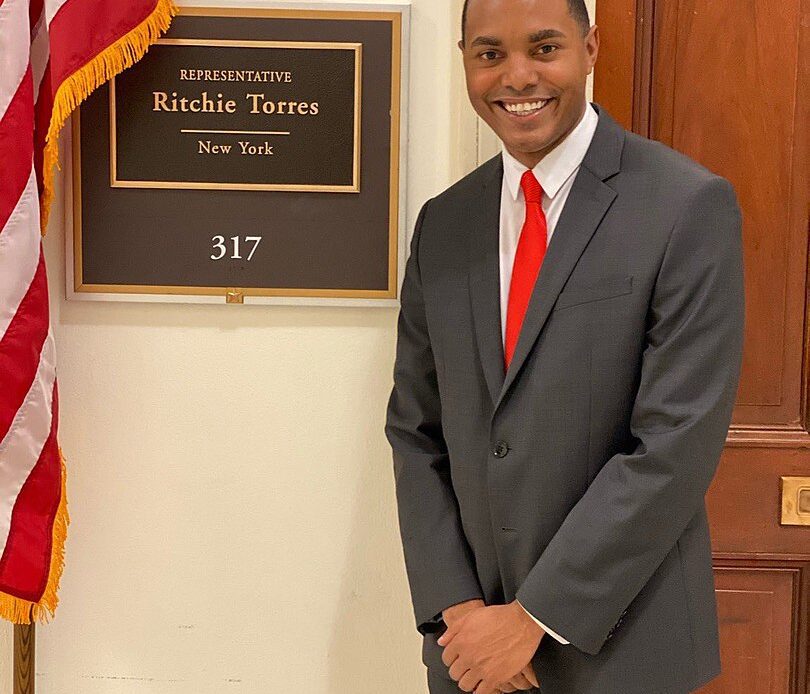The United States House of Representatives finally elected a speaker last week, concluding a four-day, 15-ballot ordeal that left many wondering if political gridlock was now the new normal in the U.S., and if so, what the consequences would be.
For example, were the concessions made by Republican Kevin McCarthy to secure his election as speaker ultimately going to make it difficult to achieve any sort of legislative consensus, making it impossible for the U.S. to raise its debt ceiling and fund the government later this year? Not all were optimistic.
The House of Representatives will be largely “ungovernable” in 2023, Representative Ritchie Torres, a Democrat from New York, told Cointelegraph on Jan. 6, shortly before joining colleagues for that day’s series of ballots — which finally ended after midnight with resolution. “The 117th Congress was one of the most productive legislative sessions ever,” Torres noted, “but the 118th will be one of the least productive.”
It’s worth asking amid this latest brouhaha in the world’s largest economy what it all means for digital assets and blockchain technology. Does it suggest that one shouldn’t expect any meaningful crypto legislation from Congress in 2023?
A bipartisan coalition exists
Not necessarily. “On the surface, at least,” a bipartisan coalition exists in the House to pass crypto legislation, said Torres, who sits on the House Committee for Financial Services and who himself introduced crypto legislation in December in response to the FTX collapse.
Crypto reform has been urged on and off by both Democrats and Republicans in the House and Senate recently, after all. Indeed, analytics firm Chainalysis recently highlighted some 20 bills before Congress that could affect cryptocurrencies and stablecoins. The House Committee on Financial Services alone has a pro-crypto incoming chairman, Republican Patrick McHenry, along with crypto-friendly Democrats like Torres and Maxine Waters.
But “deeper down,” Torres sees cross-currents that could disrupt legislation: The political far right could thwart any crypto initiatives as a matter of principle — they oppose all regulation — while the far left may also want to keep digital assets unregulated in order to delegitimize and ultimately kill them. Crypto legislation, in the eyes of this group, would be equivalent to acceptance of…
Click Here to Read the Full Original Article at Cointelegraph.com News…
























